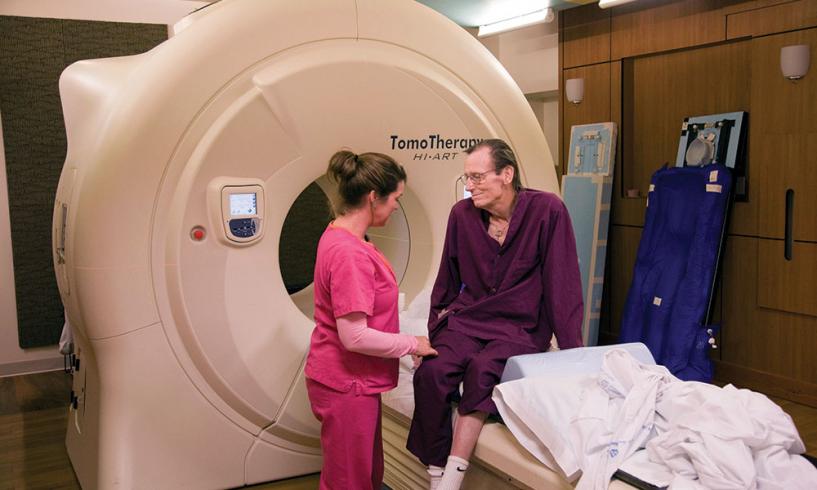As many as 60% of women with early-stage breast cancer may receive unnecessary imaging tests such as computed tomography, bone, and positron-emission tomography scans, researchers reported after a new study. The findings were shared during the American Society of Clinical Oncology Quality Care Symposium in February 2016.
In women with stage 1 or 2 breast cancer, imaging scans have only a 1% chance of identifying cancer spread, according to the researchers. The scans have little benefit but may lead to excessive radiation exposure, invasive procedures, anxiety, and increased healthcare costs.
The researchers noted that advanced imaging has decreased in recent years for women with stage 0, 1, and 2a breast cancer but not in stage 2b disease. In the current study, about 53% of women with stage 2b tumors received the additional imaging tests. African American women or those with hormone receptor-negative, HER2-positive disease were also more likely to undergo advanced imaging.
Advanced scans often find small abnormalities that most often never develop into cancer spread. However, once they are found, practitioners are bound to monitor them to ensure they don’t change, leading to even more tests and anxiety for patients.
The study authors recommended future research to investigate why unnecessary advanced imaging is continuing to occur so frequently.






